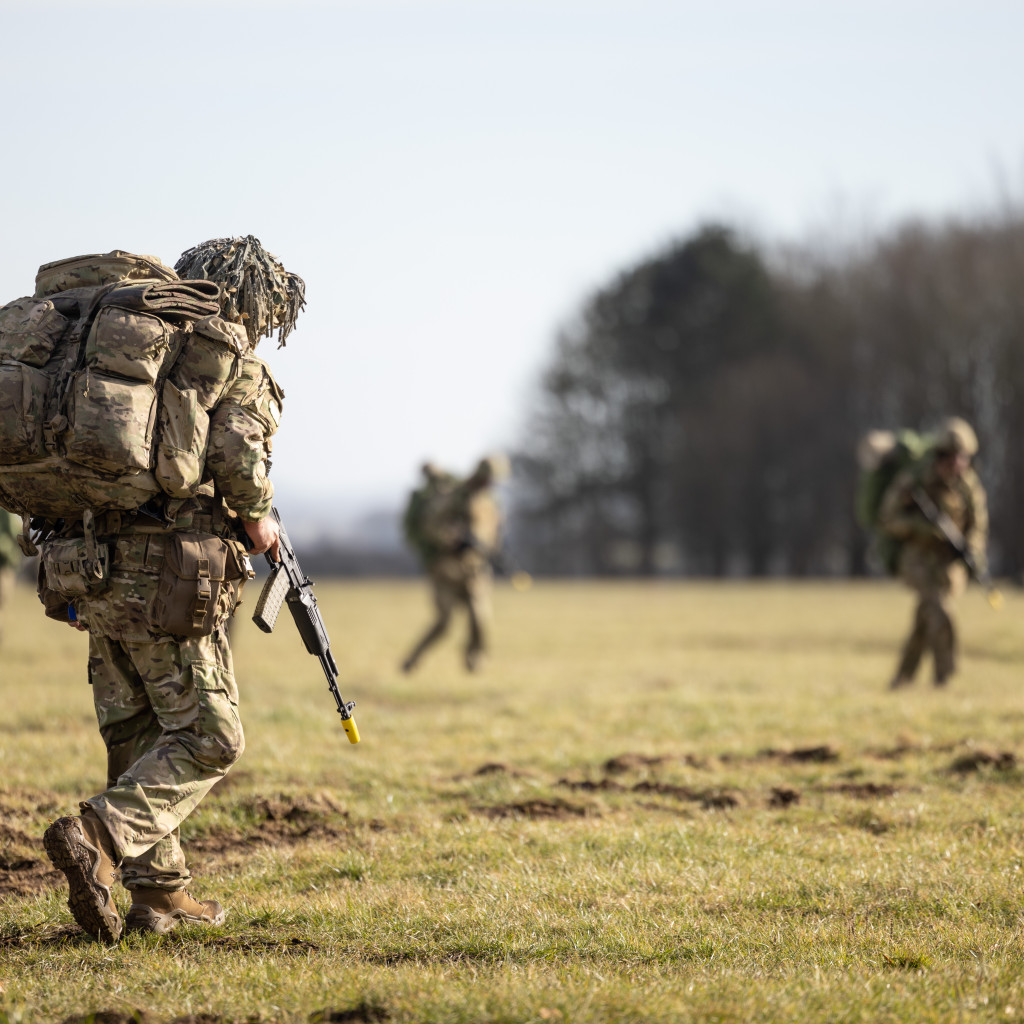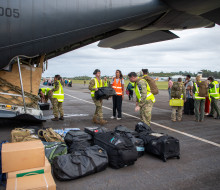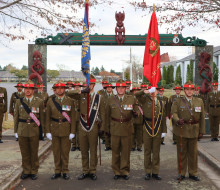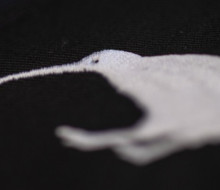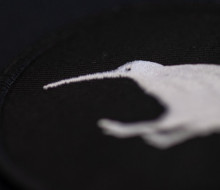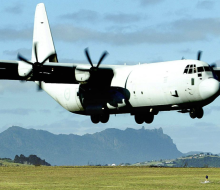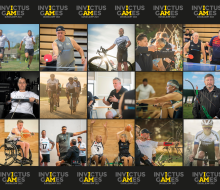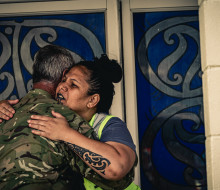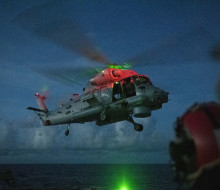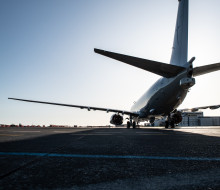20 May 2024
New Zealand’s support to Ukraine evolves as war continues
New Zealand Defence Force (NZDF) personnel deployed on Operation Tīeke in the United Kingdom have marked the departure of the latest intake of Armed Forces of Ukraine (AFU) soldiers to complete their basic infantry training.
New Zealand Defence Force (NZDF) personnel deployed on Operation Tīeke in the United Kingdom have marked the departure of the latest intake of Armed Forces of Ukraine (AFU) soldiers to complete their basic infantry training.
